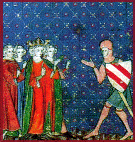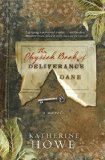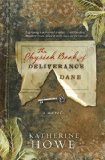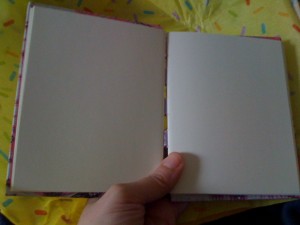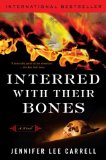The Unofficial Apple Weblog reviewed Barnes & Noble’s new eReader app today, and it doesn’t look pretty.
This is a bad product debut. It has an onerous and ill-thought out sign up routine, lousy selection and many prices are way too high.
I had to test the veracity of the reviewer’s claim about the cost of the books, so I did a search for Neil Gaiman’s books in the B&N reader and the Kindle store. I found that the prices for books in the Kindle store were several dollars less without exception and that the selection was also much better in the Kindle store. The reader itself is free and comes preloaded with two books: Sense and Sensibility by Jane Austen and The Last of the Mohicans James Fenimore Cooper. Once you register, you will receive Pride and Prejudice by Jane Austen, Dracula by Bram Stoker, Little Women by Louisa May Alcott, and Merriam-Webster’s Pocket Dictionary. A weird bug I noticed the first time I refreshed the book list is that I had two or even three copies of some of the books. I deleted the extras, closed the app, and opened it again. This time when I refreshed, I did not see extra copies of the books. I’m not sure why that happened. I have to agree with TAUW that this reader isn’t quite ready to compete with its fellows.
Meanwhile, Stanza, my favorite eReader, updated their app recently. The changes include
- iPhone OS 3.0 compatibilty
- book annotations
- improved page turning animations
I haven’t played with book annotations, but I can tell you that the page animations are much nicer and resemble Classics, my second favorite app (first with design, though). I noticed some problems with turning pages in The Woman in White last night as I read. Specifically, at several points when I tried to turn the page, the book appeared to be stuck, and the page turned to reveal the same page I was just looking at. The only way I could find around it was to go forward a few pages using either the chapter bookmarks or the slider and then backtrack. I’m not clear if this problem is a bug resulting from the update or a corrupted book file.
Speaking of Classics, this app also recently updated. New in this edition is a fix to the chapter numbering in Flatland and several new books:
- Through the Looking Glass by Lewis Carroll
- The Odyssey by Homer
- The Art of War by Sun Tzu
The app now includes a total of 23 books (not bad for 99¢), but its chief drawback is the inability to select books. I have no desire to read several of the books that come with the Classics app, but the interface is beautiful and much more book-like than any other app.
You can read more about these apps in an earlier post about eReaders.
